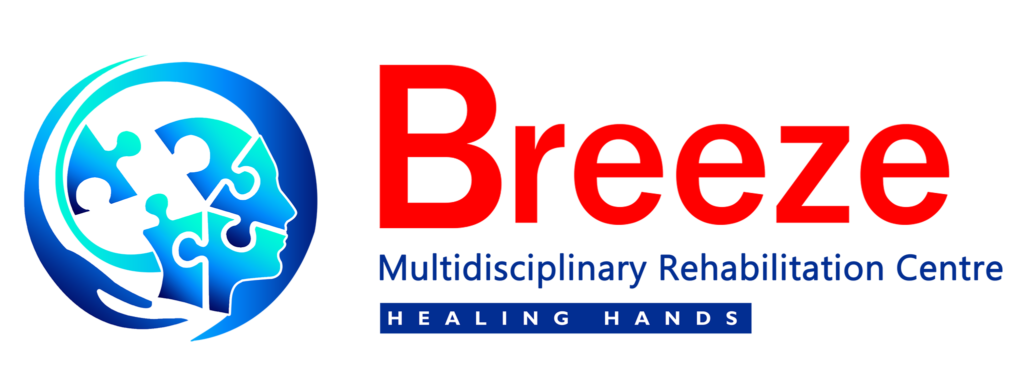Speech therapy is a treatment approach that is designed to help children with speech and language difficulties to improve their communication skills. Children may need speech therapy for a variety of reasons, including developmental delays, hearing loss, genetic disorders, neurological disorders, or physical impairments. Speech therapy can help children develop better communication skills, which can have a positive impact on their academic, social, and emotional development.
The goal of speech therapy is to help children overcome communication challenges and develop effective communication skills. Speech therapists work with children to improve their ability to understand language, express themselves, and use speech sounds correctly. Here are some common techniques used in speech therapy for kids:
- Articulation therapy: This type of therapy focuses on helping children produce speech sounds correctly. The therapist will work with the child to practice saying sounds in isolation, words, and sentences until they can produce them correctly.
- Language therapy: This type of therapy focuses on improving a child’s understanding and use of language. The therapist will work with the child to improve their vocabulary, grammar, sentence structure, and comprehension skills.
- Fluency therapy: This type of therapy is designed to help children who stutter or have difficulty with fluency. The therapist will work with the child to improve their fluency, reduce stuttering, and increase their confidence in speaking.
- Voice therapy: This type of therapy focuses on improving a child’s voice quality, pitch, volume, and resonance. The therapist will work with the child to help them develop a healthy vocal technique and improve their overall communication skills.
Speech therapy for kids may be conducted in a one-on-one or group setting, depending on the child’s needs and the severity of their communication difficulties. The therapist may use a variety of tools and techniques, including games, toys, and activities, to make therapy sessions engaging and fun for children.
Parents also play a crucial role in their child’s speech therapy. They can support their child’s progress by practicing speech exercises at home, reading books with their child, and engaging in activities that promote language development. Parents should also be patient and supportive during their child’s speech therapy journey and celebrate their successes, no matter how small.
In conclusion, speech therapy can be a highly effective treatment approach for children with speech and language difficulties. By working with a skilled therapist and receiving support from their parents, children can improve their communication skills and reach their full potential in all areas of life.


